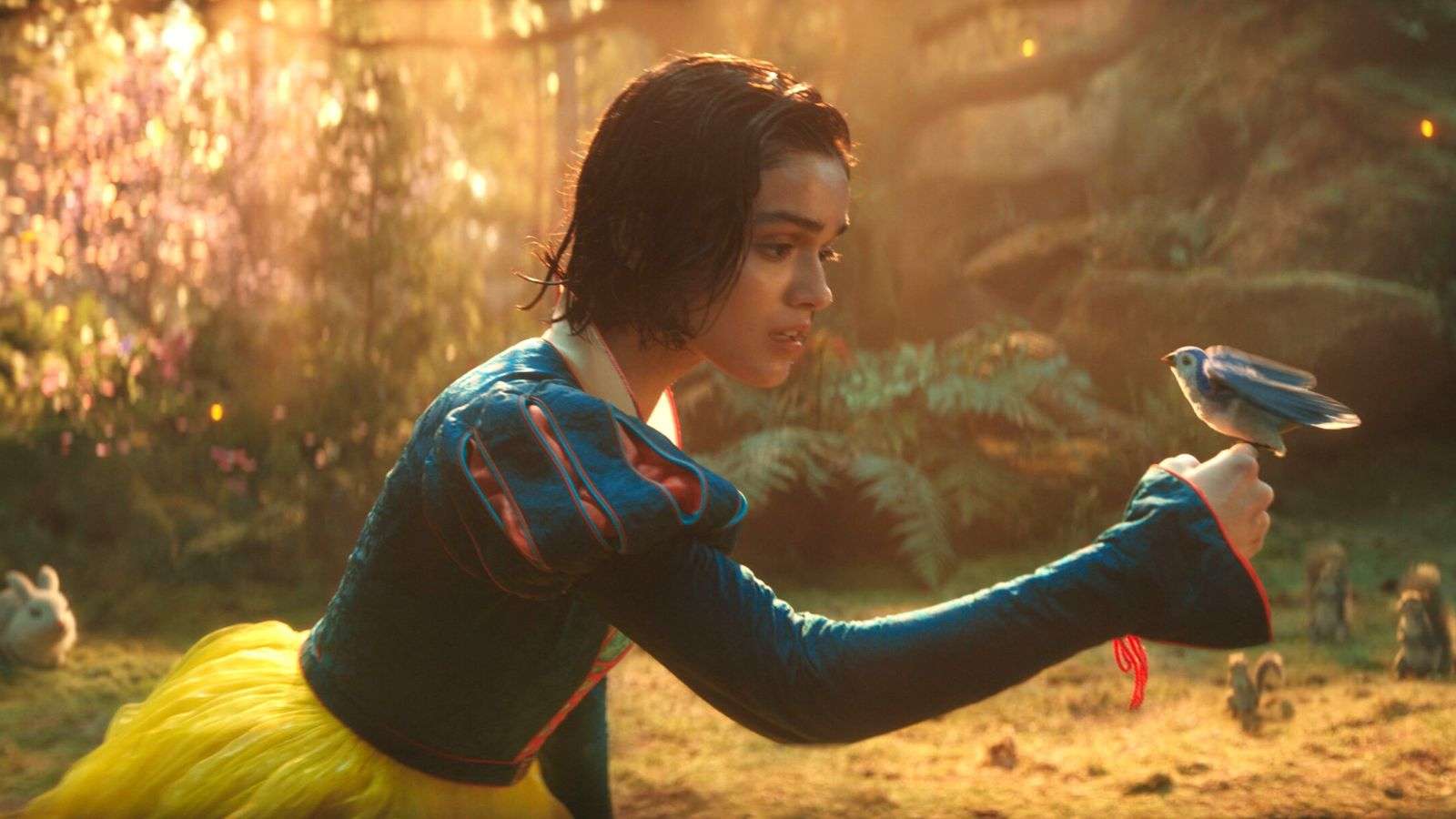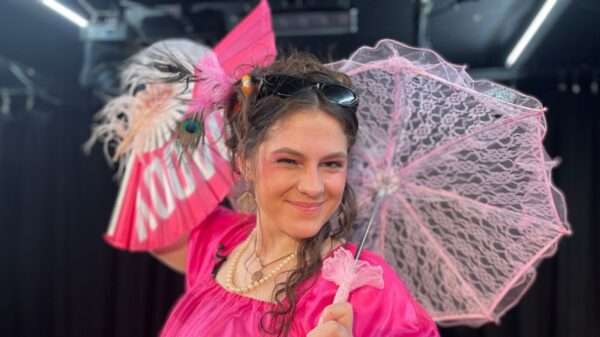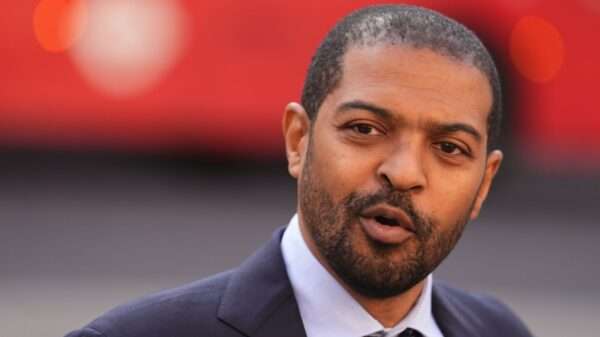Disney’s live-action Snow White remake has found itself at the center of controversy, with members of the little people community voicing frustration over the studio’s decision to replace real actors with CGI characters. The film, starring Rachel Zegler as Snow White and Gal Gadot as the Evil Queen, has been under scrutiny for what some say is a missed opportunity for authentic representation.
Disability activist and content creator Fats Timbo is among those criticizing Disney, arguing that the use of CGI “reaffirms negative stereotypes of little people” and effectively erases them from roles traditionally played by actors with dwarfism. Timbo highlighted that these kinds of roles are already rare, and the choice to bypass real performers sends a harmful message about inclusion in the industry.
The controversy isn’t new — when images from the set first emerged, Disney faced criticism for its handling of the iconic seven dwarfs. Some defended the move, suggesting the studio was trying to avoid perpetuating outdated tropes. However, others feel this decision leans too far in the opposite direction, excluding an entire community from the chance to be seen and represented.
For many little people in the entertainment industry, these roles are among the few opportunities to break into Hollywood. The absence of real actors in these parts has left some feeling overlooked and undervalued. As the conversation around diversity and inclusion continues to grow, Disney’s choices in Snow White serve as a reminder that representation is about more than visibility — it’s about ensuring marginalized voices have a seat at the table.
With the film’s release on the horizon, the debate rages on, sparking larger discussions about authenticity, casting practices, and what true inclusion in storytelling should look like.







































